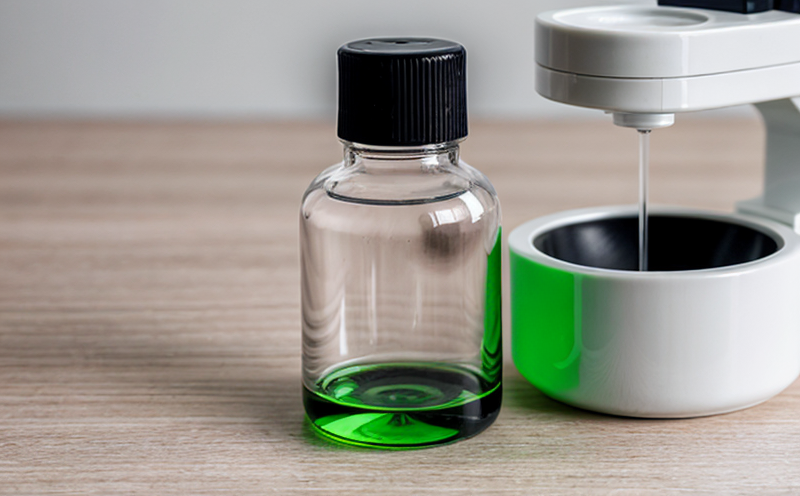Bioanalytical Assay Stability Testing
In pharmaceutical development and manufacturing, bioanalytical assay stability testing is a critical step ensuring that analytical methods used to quantify drug substances in biological matrices are reliable over time. This service ensures that the assays employed remain accurate, precise, and robust throughout their intended use period. Ensuring method stability helps maintain regulatory compliance by demonstrating that test results are consistent across different batches or lots of a drug product.
Stability testing involves assessing how well the bioanalytical assay performs under various environmental conditions such as temperature, humidity, light exposure, and time. The goal is to determine if changes in these factors affect the performance of the assay. For instance, understanding whether prolonged storage or extreme temperatures alter the accuracy and precision of results is crucial for ensuring product quality.
The process typically includes multiple batches of samples exposed to varying environmental conditions followed by evaluation using standardized criteria from relevant international standards like ISO 17025 and ICH Q6D. These guidelines provide clear instructions on how to design, conduct, and evaluate stability studies to ensure that the methods meet regulatory requirements.
Real-world applications of bioanalytical assay stability testing include:
- Ensuring that assays used in clinical trials remain consistent across different sites
- Evaluating the shelf-life of drug products by determining at what point degradation begins
- Demonstrating compliance with Good Laboratory Practice (GLP) and Good Clinical Practice (GCP)
Industry Applications
| Application Area | Description |
|---|---|
| Clinical Trials | Evaluating the consistency of drug concentrations across different batches and sites. |
| Manufacturing Compliance | Demonstrating that production processes do not introduce variability into assay results. |
| Product Quality Assurance | Determining the shelf-life of drug products and ensuring stability over time. |
| Regulatory Compliance | Maintaining compliance with GLP, GCP, and ICH guidelines through rigorous testing protocols. |
Eurolab Advantages
Eurolab offers comprehensive bioanalytical assay stability testing services tailored to meet the specific needs of pharmaceutical companies. Our team of experienced scientists and engineers ensures that all aspects of your project are handled efficiently from start to finish. We use state-of-the-art equipment, including high-performance liquid chromatography (HPLC), mass spectrometry (MS), and other advanced analytical techniques, to provide accurate and reliable results.
Our laboratories are accredited according to ISO 17025 standards, ensuring that our testing processes meet the highest quality standards. With years of experience in this field, Eurolab has built a reputation for delivering high-quality services that exceed client expectations. Our commitment to innovation and excellence sets us apart as leaders in pharmaceutical testing.
Our clients benefit from our expertise in designing stability studies according to ICH guidelines, ensuring that the results are robust enough to support regulatory submissions. Additionally, Eurolab provides detailed reports that not only summarize the findings but also offer insights into potential issues and recommendations for improvement.
Quality and Reliability Assurance
- Consistent Method Performance: Ensures that assays remain accurate and precise over time, reducing the risk of errors in clinical trials or manufacturing processes.
- Compliance with Standards: Adherence to international standards such as ISO 17025 guarantees that our testing methods meet regulatory requirements.
- Data Integrity: Robust data management practices ensure that all test results are accurate and reliable, supporting robust decision-making processes.
The combination of these factors ensures that pharmaceutical companies can trust Eurolab to provide high-quality bioanalytical assay stability testing services. Our focus on continuous improvement and adherence to best practices guarantees consistent performance across all projects.





